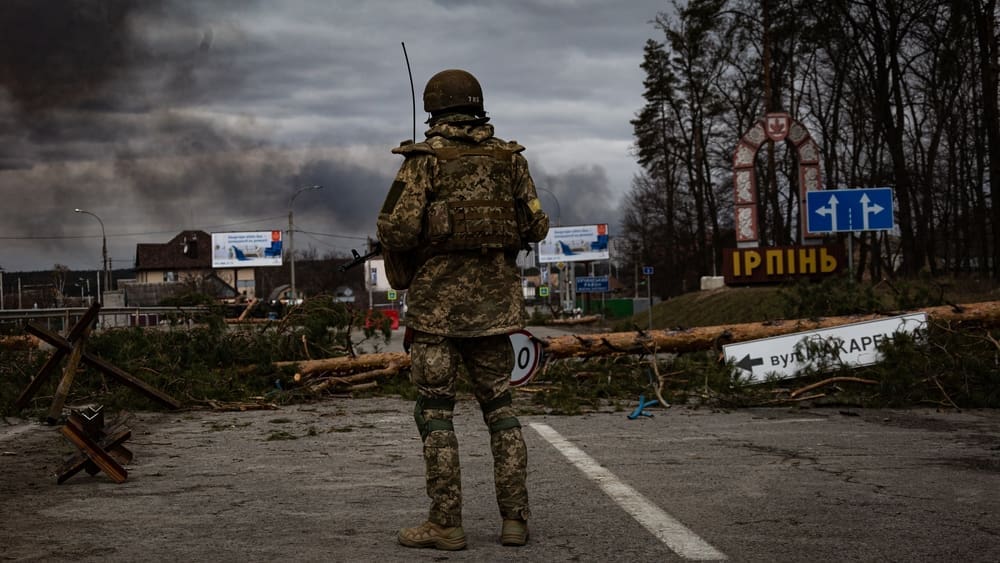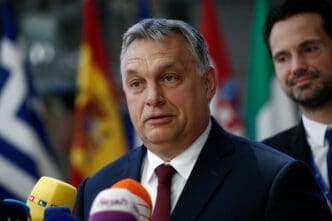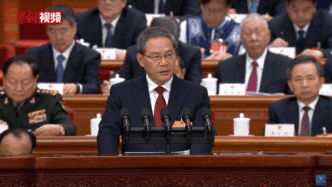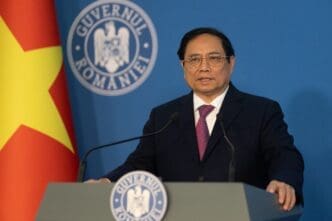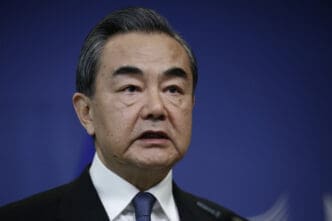Executive Summary
The Story So Far
Why This Matters
Who Thinks What?
A proposed peace deal for Ukraine, reportedly put forth by Russian President Vladimir Putin to Donald Trump during their recent Alaska summit, has dominated global headlines and sparked significant debate among world leaders and policy experts. The proposal, which centers on a ceasefire and territorial concessions, has led to concerns about Ukraine’s sovereignty ahead of President Volodymyr Zelensky’s scheduled meeting with Trump.
Summit Details and Reactions
According to The Sunday Times, Putin offered to freeze the front lines in two Ukrainian provinces if Kyiv’s troops withdraw from the Donbas region. This proposition has drawn immediate scrutiny regarding its implications for Ukraine’s territorial integrity.
The Sunday Telegraph reports that President Trump “is inclined to support” Putin’s demand for Ukraine to surrender the mineral-rich Donetsk region to Russia as a condition to end the ongoing conflict. This reported inclination has intensified anxieties surrounding the upcoming diplomatic engagements.
The Mail on Sunday suggests that President Zelensky is perceived as being “trapped in Trump and Putin vice.” The paper highlights fears among world leaders that the Ukrainian president could be compelled to cede significant portions of his homeland for what is described as a “fragile peace” during his Monday meeting with Trump.
Expert Warnings and Diplomatic Fallout
Foreign policy experts have issued stark warnings about the potential consequences of such a deal. The Sunday Express quotes experts who caution that the world faces “grave danger if West caves in to Putin,” suggesting the UK and Europe risk “failing the greatest security challenge” since World War Two.
Critics, as reported by the Sunday Express, fear that President Trump’s push for a swift peace agreement could “reward Russia and put other nations at risk of invasion.” This perspective underscores the deep divisions within the international community regarding the path forward in Ukraine.
Former Prime Minister Boris Johnson weighed in on the Alaska meeting, with the Mail on Sunday quoting his assessment of the event as “the most vomit inducing summit in diplomatic history,” reflecting strong disapproval of the reported discussions.
Domestic Political Developments
Beyond the international stage, domestic political news also featured prominently. The Sunday Telegraph reported on Labour’s renewed focus on what it terms the “war on motorists,” following the party’s decision to drop plans to limit new low traffic neighborhoods and 20mph hour zones. Conservatives swiftly criticized the move, calling it “a kick in the teeth to motorists.”
Separately, former Labour leader Neil Kinnock called for the government to “scrap the two-child cap” on welfare benefits. In an interview with the Sunday Mirror, Kinnock asserted that this action could lift “60,000 kids out of poverty,” while also criticizing the Conservative government’s handling of the country’s economic hardship.
The Observer featured an op-ed by Home Secretary Yvette Cooper, who reiterated her defense of the proscription of Palestine Action as a terrorist group. Cooper stated that the group is more than just “a regular protest group known for occasional stunts,” emphasizing the government’s stance on its activities.
The convergence of high-stakes international diplomacy concerning Ukraine and significant domestic policy debates highlights a period of intense political activity and scrutiny for leaders both at home and abroad.


